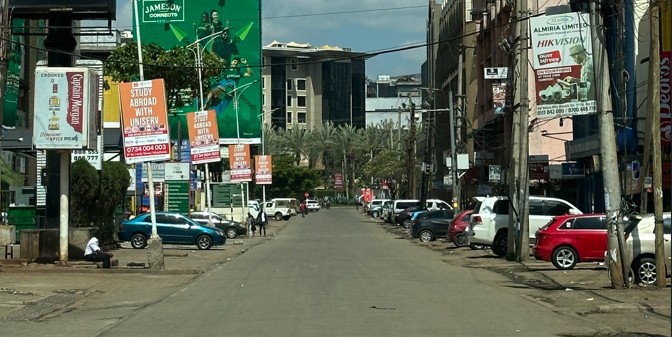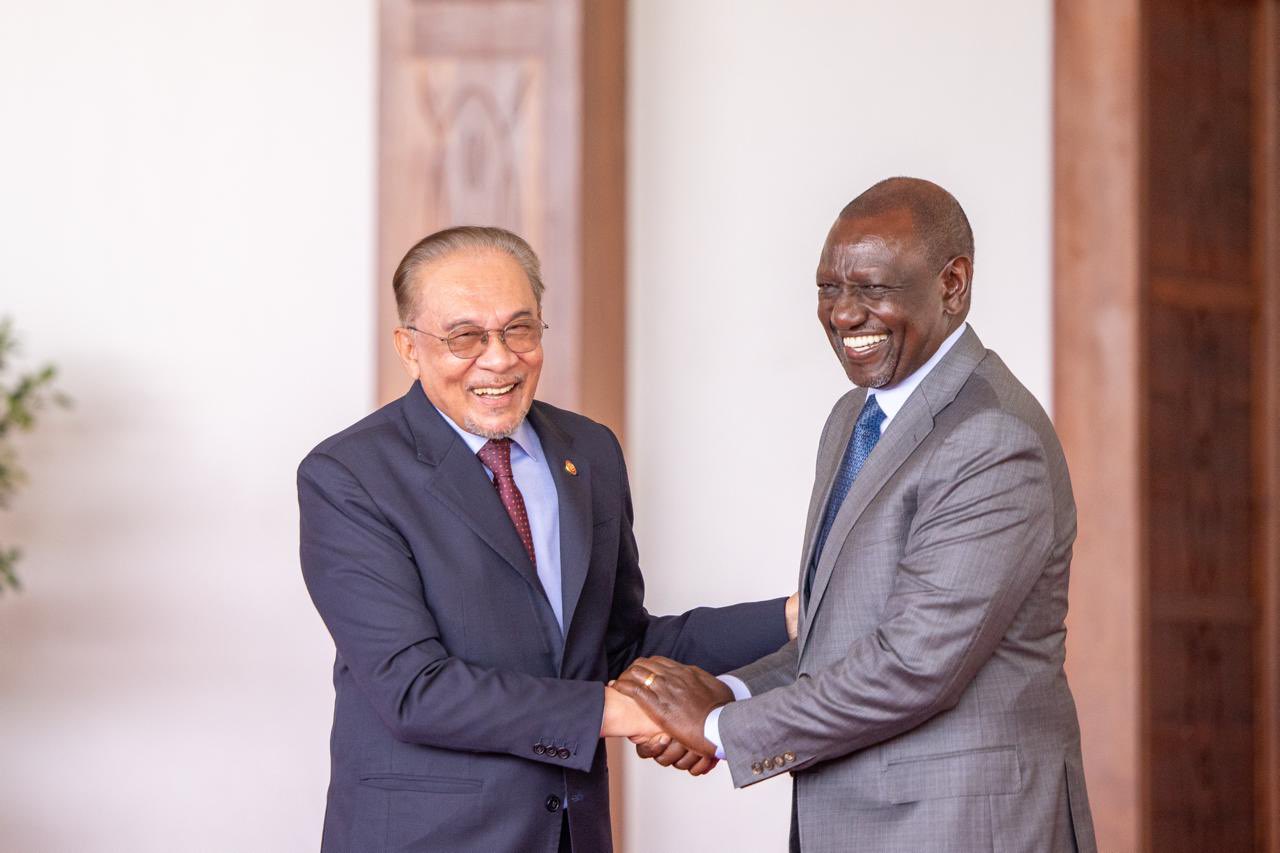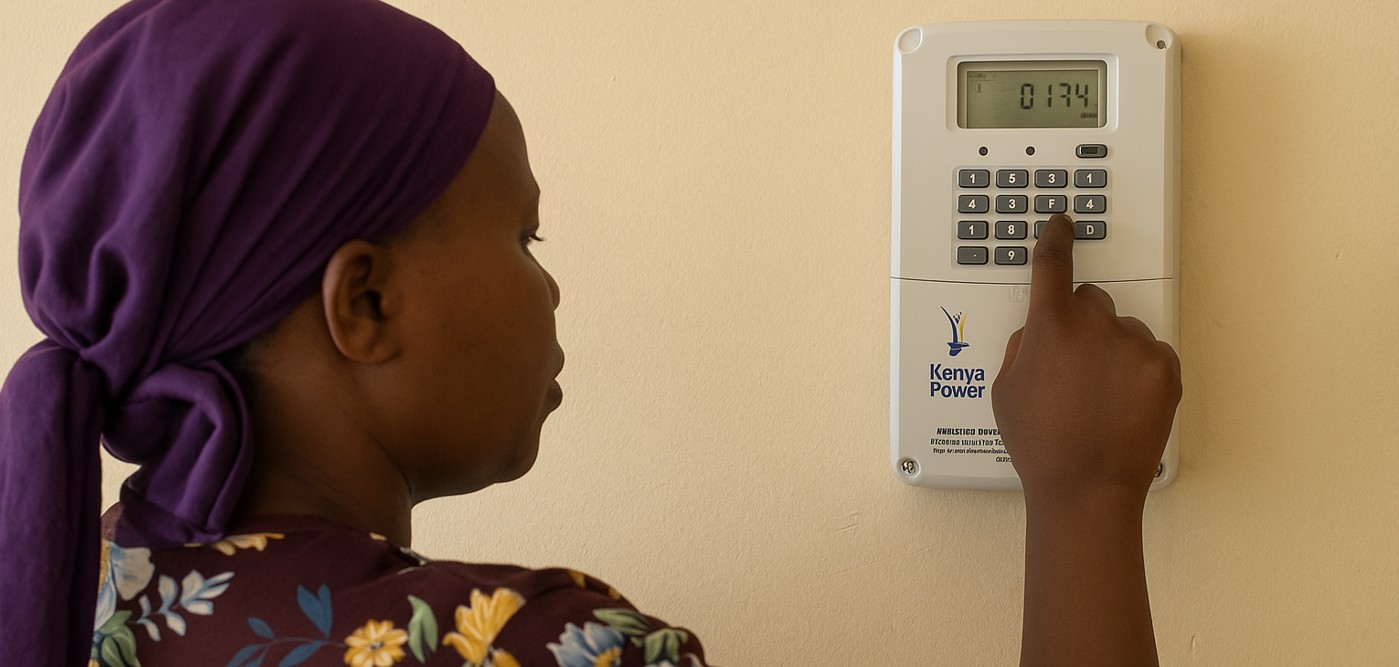Silent struggles: Kenyan men speak out on financial pressure, mental health, and masculinity
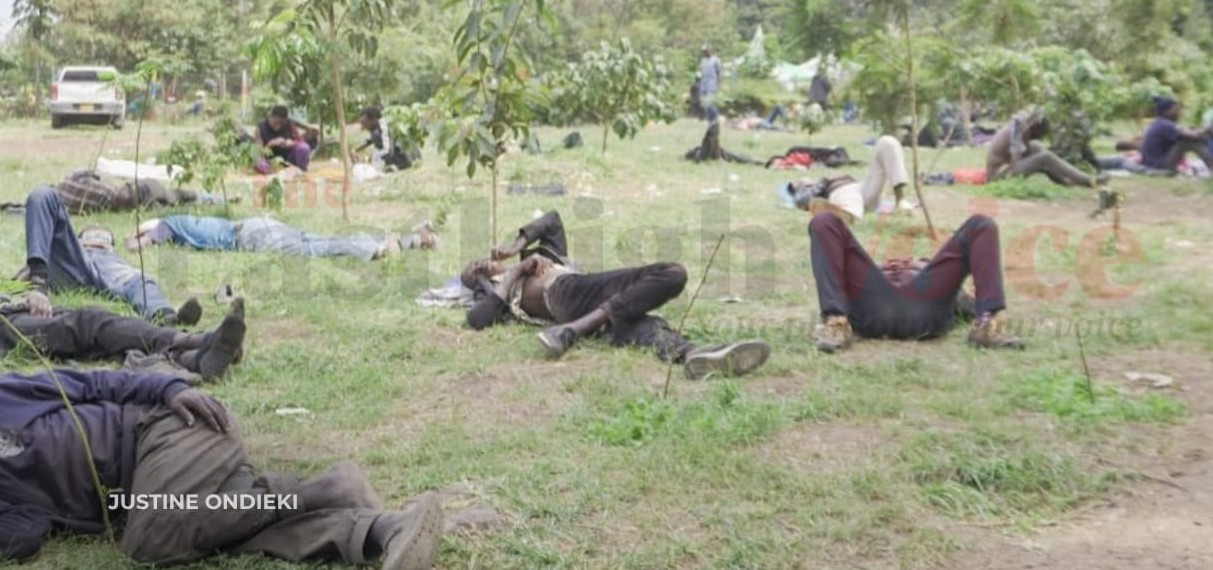
In addition to stigma, practical obstacles such as limited access to affordable and male-friendly mental health services further restrict men’s ability to obtain timely care.
At 58, Michael Njoroge has weathered many seasons of life — from raising five children to navigating the uncertainties of self-employment. Today, he earns a living as a transporter in Eastleigh, Nairobi, doing small delivery jobs to get by.
On a good day, Njoroge earns around Sh500 and as little as Sh300 on slower ones — barely enough, yet he remains proud of his independence.
More To Read
- Eastleigh MCA blames county officials for destruction of newly built Captain Mungai Street
- Youth football comes alive in Eastleigh as Fazam Academy clinches Moi Cup title
- Eastleigh’s 24-hour economy key to Kenya’s commerce, says CS Lee Kinyanjui
- Nairobi County, Eastleigh Business Association agree on food safety and restaurant licensing
- Violence is a normal part of life for many young children: Study traces the mental health impacts
- CBE curriculum spirit alive in Eastleigh as parents lead new wave of youth football development
Yet behind this quiet dignity lies an emotional burden that he rarely shares.
“When I’m stressed about money, I usually tell my wife, but I don’t like asking my children. I feel ashamed. I don’t want to be a burden to them.”
Keeps to himself
Njoroge’s humility and pride are deeply rooted in how he was raised — in a generation where men were taught to be tough, self-reliant, and emotionally silent. He says that even when he’s sick, he prefers not to complain or ask for help. Instead, he keeps to himself.
“Men are raised to survive. You push. If you tell someone your problems, few will help. Most just listen and then tell you about their problems.”
He opens up more to his wife, who understands his struggles. Sometimes, if things are too tight, she’s the one who reaches out to their children for support.
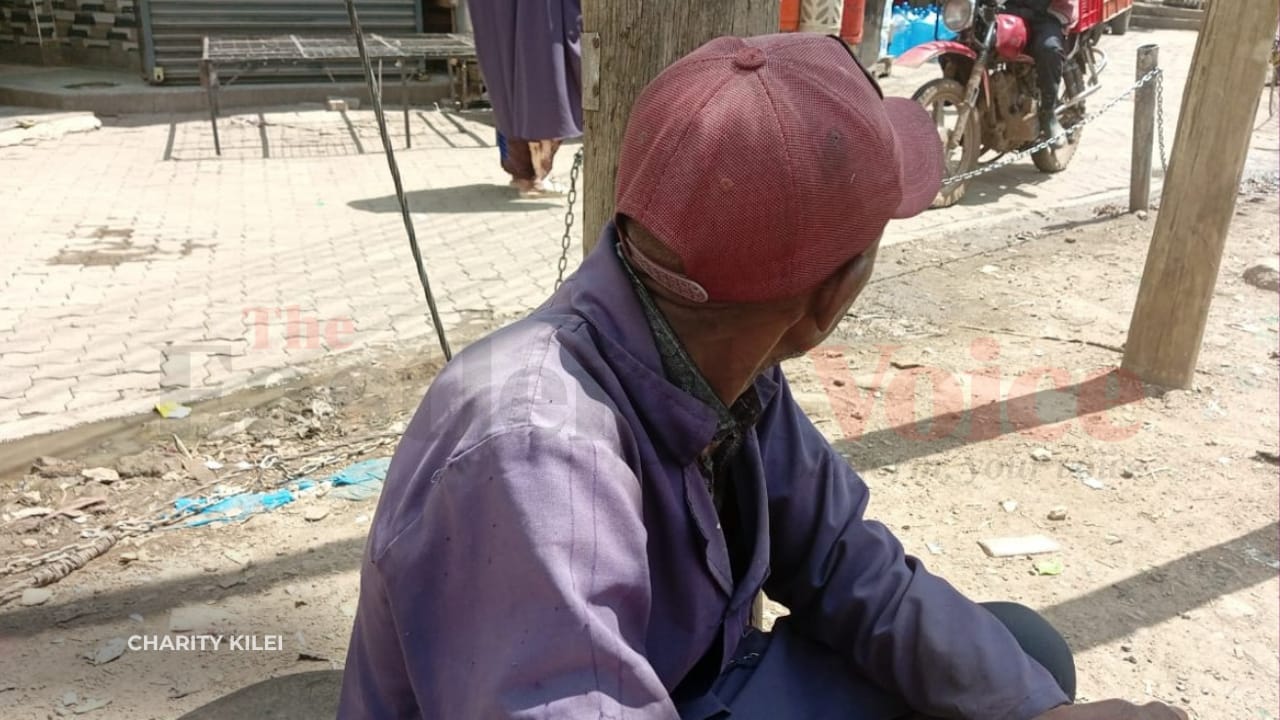 Michael Njoroge, 58, who shared his story with The Eastleigh Voice. On a good day, Njoroge earns around Sh500 and as little as Sh300 on slower ones — barely enough. (Photo: Charity Kilei)
Michael Njoroge, 58, who shared his story with The Eastleigh Voice. On a good day, Njoroge earns around Sh500 and as little as Sh300 on slower ones — barely enough. (Photo: Charity Kilei)
Despite this, Njoroge finds peace in the knowledge that all five of his children — four sons and one daughter — are now independent and self-sufficient. He takes pride in having raised them without making them feel obligated to support him in his later years.
“I always want to be a good example to my children. I don’t want to keep going to them with problems. It’s not right.”
Njoroge’s hope for the future is simple: to return to his rural home and focus on his small farm. He already has pawpaws and mangoes growing and believes that in about three years, he and his wife will be able to sustain themselves fully from farming.
“I’ve given myself three more years of working here. Then I’ll go back home and live off my land. That’s my plan.”
Financial instability
His story speaks to the emotional toll of financial instability, especially among older men. The fear of appearing weak or dependent keeps many like Njoroge silent, even as they shoulder overwhelming pressure.
When men face financial difficulties, society is quick to label them as lazy or inadequate, rarely pausing to ask how they are truly coping. For many, like Njoroge, the answer is quietly, painfully, and alone.
Still, his resilience stands out. Through every hardship, he continues to hustle, finding strength in daily survival.
“It’s just life. You keep going. You hustle. Even when you have money issues, you just push.”
Paul Mutei, a man in his 30s, shares candidly about the challenges men face, especially the emotional and social pressures that often go unnoticed.
Overwhelming expectations
According to him, one of the biggest struggles is the lack of understanding from their partners, coupled with the overwhelming expectations placed on them by everyone around.
“Sometimes, there are so many bills looking at you, people depending on you, and it honestly becomes overwhelming. We do our best, but the pressure can be crushing.”
Mutei explains that men are frequently expected to be the primary providers — the ones who always have to find a way to meet every need. This constant demand can lead many men into depression, as they feel isolated with no one to confide in or turn to for support.
He also highlights a heartbreaking reality for many men: despite their past efforts and contributions, some partners walk away in frustration or disappointment when the man can no longer provide, especially after losing a job or source of income.
“Many times, even after you’ve done your best and provided in the past, some partners still leave because they feel you’re not doing enough now.”
Mutei’s reflections highlight the emotional toll of societal expectations on men, calling for greater empathy and support to help men cope with these pressures rather than silently bearing them alone.
Silent crisis
Mohamed Kioko, who runs a men's mental health support group in Kamukunji, has witnessed firsthand the silent crisis affecting many men in his community.
He notes that a growing number of men are becoming homeless and mentally exhausted — a reality made starkly visible by the dozens who spend their days sleeping on the streets.
While Kioko and his team work tirelessly to offer support, their efforts are often hindered by one recurring challenge: many men are unwilling or afraid to open up about their struggles.
“We try to reach them, to talk, to understand their pain,” he says, “but a lot of men just shut down. They carry the weight in silence.”
However, for those who do speak up, a common thread emerges — overwhelming financial pressure and the inability to fulfil the societal expectation of being a provider.
Kioko shares heartbreaking stories of men who once had stable families but lost everything — jobs, homes, and eventually their partners. Some were left homeless after their rental houses were demolished or they were evicted due to job loss.
In many cases, their wives left, unable to cope with the financial instability, leaving these men isolated, ashamed, and deeply depressed.
“We have cases of men who had families, but once they lost their jobs, everything else crumbled,” Kioko explains. “Now they are on the streets — not just without a home, but without hope.”
Gender-based violence
He adds that some men have been involved in gender-based violence (GBV), which is often rooted in the emotional fallout from financial insecurity.
When men feel they are failing in their role as providers, it can breed resentment, low self-worth, and emotional volatility. In some instances, this has led to infidelity, anger, and even tragic cases of femicide, all of which stem from deep psychological distress and a society that does not allow men to express vulnerability.
“When we talk to these men, they say things like, ‘I wasn’t enough,’ or ‘I failed as a man.’ That pressure, be strong, to never ask for help, is destroying them.”
Outdated gender expectations
Kioko believes that empowering men with emotional support, economic opportunities, and spaces to speak without judgment is critical. He emphasises that society must move away from outdated gender expectations that equate masculinity with silence, toughness, and self-reliance at all costs.
“It’s already hard to live in a world that expects you to be unbreakable,” he says. “But we need to teach men that it's okay to ask for help. It's okay to feel. Because silence is killing them.”
According to a study published in 2023 titled “Men's Depression and Anxiety: Contributing Factors and Barriers to Intervention”, men face several significant challenges when dealing with depression and anxiety that often prevent them from seeking help.
Stigma
The study found that stigma is a major barrier, as societal expectations encourage men to be strong and emotionally resilient, making many fearful of being perceived as weak if they admit to mental health struggles.
In addition to stigma, practical obstacles such as limited access to affordable and male-friendly mental health services further restrict men’s ability to obtain timely care.
The study also highlighted that many men lack adequate knowledge about the symptoms of depression and anxiety, as well as available treatment options, which leads to delays in seeking professional support.
Suppressed emotions
Cultural norms around masculinity encourage men to handle problems independently, discouraging them from expressing emotional vulnerability. As a result, men often suppress their emotions or express distress through anger and physical symptoms, which complicates diagnosis and treatment.
The Kenya Psychological Association reports that 1 in 10 men in Kenya are living with depression, a statistic supported by national data.
According to the Kenya National Bureau of Statistics (KNBS), as of 2022, 56.9percent of individuals diagnosed with mental disorders in Kenya were men, compared to 43.1 per cent of women.
Men account for approximately 16 per cent of all mental health disorder cases, slightly higher than women at 15 per cent, though this varies depending on the specific condition.
Globally, the World Health Organisation (WHO) estimates that in 2019, around 970 million people were living with a mental health disorder, with anxiety and depression being the most prevalent.
Top Stories Today

